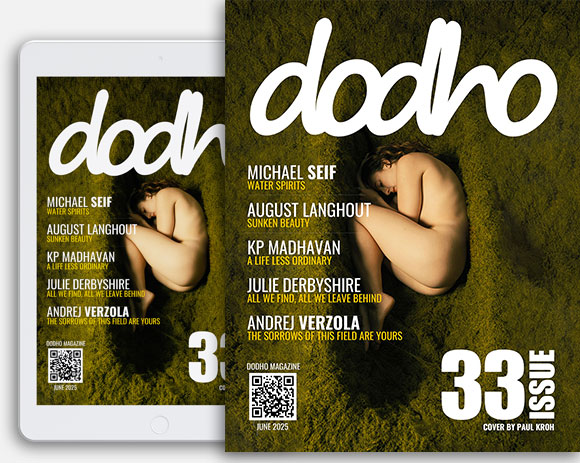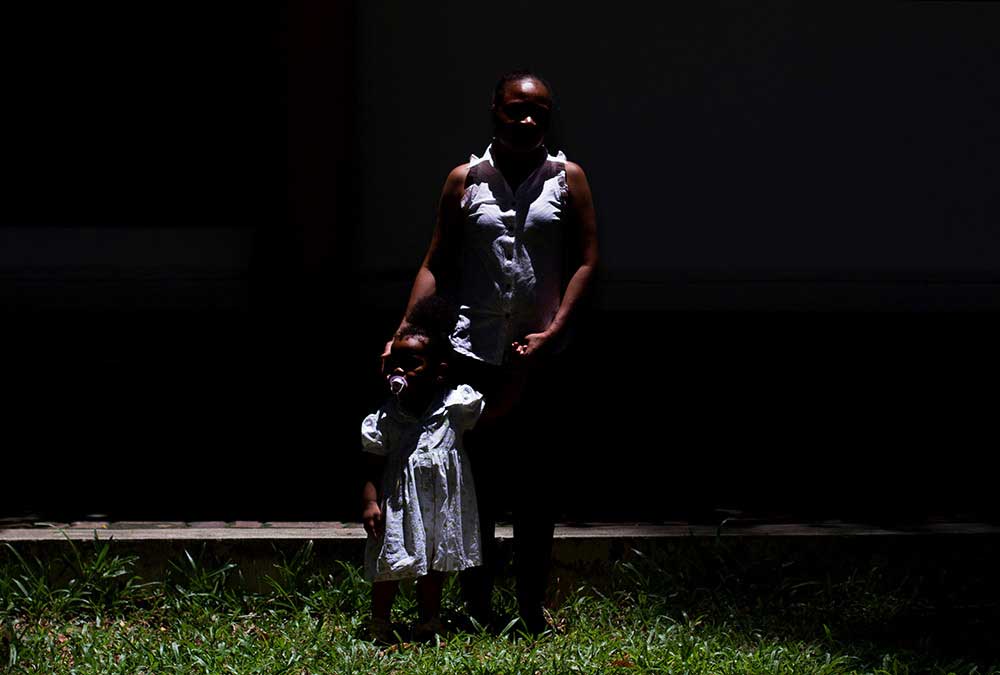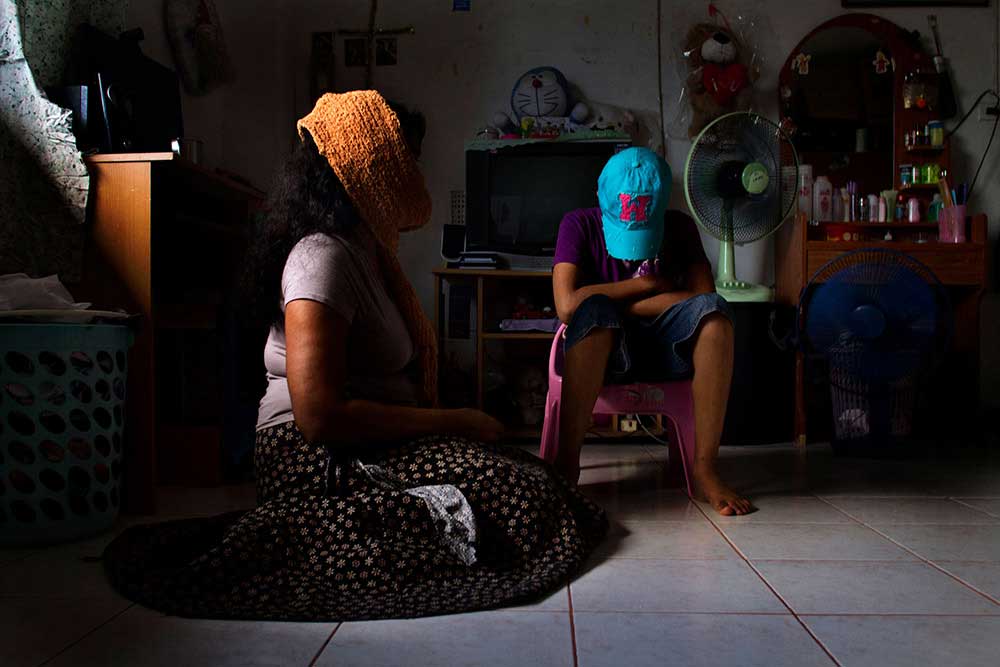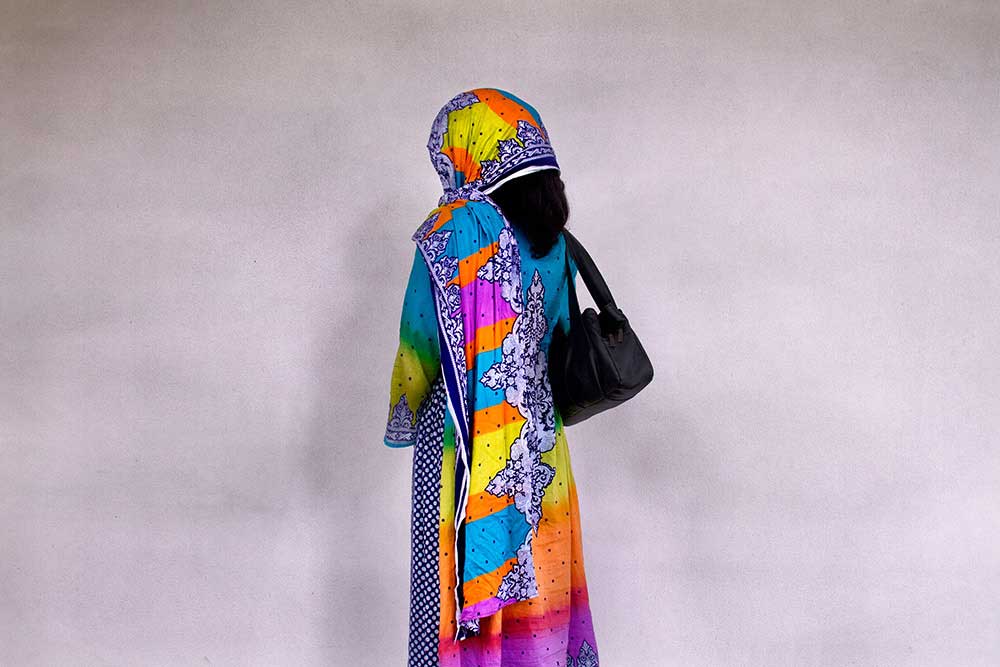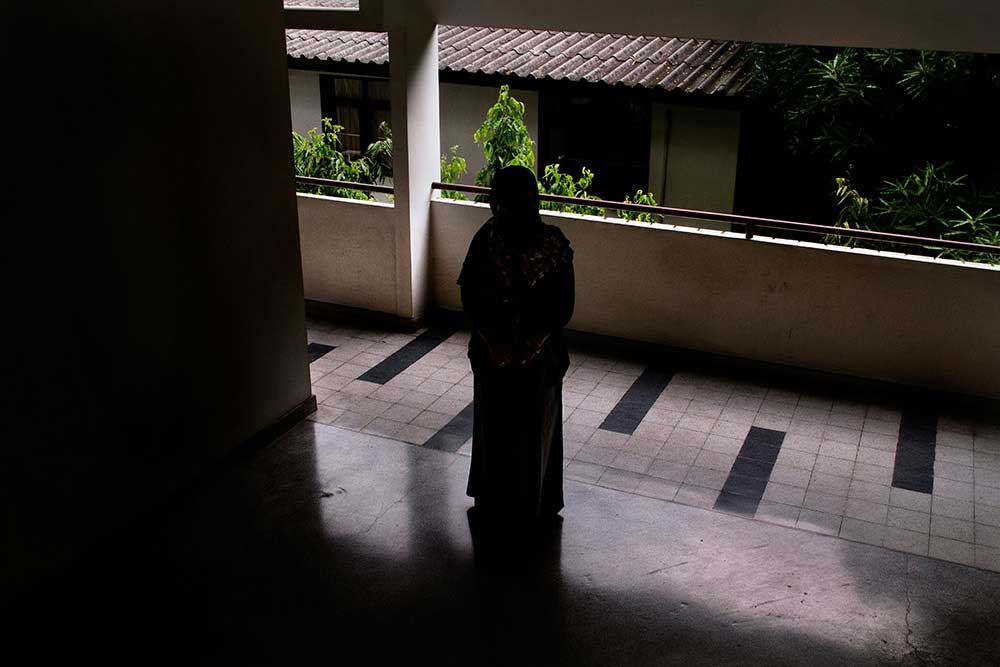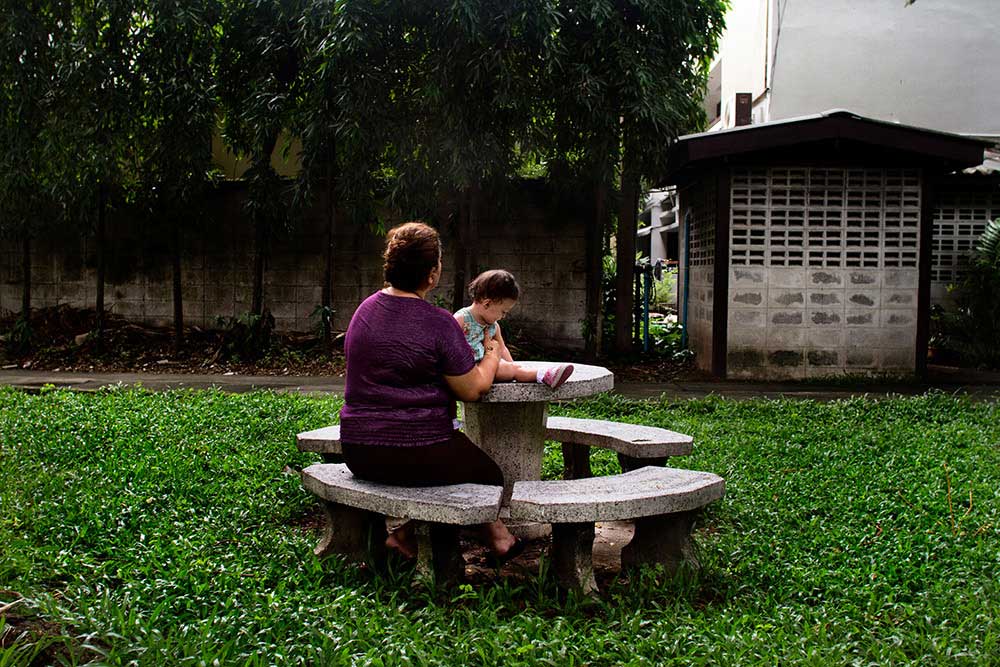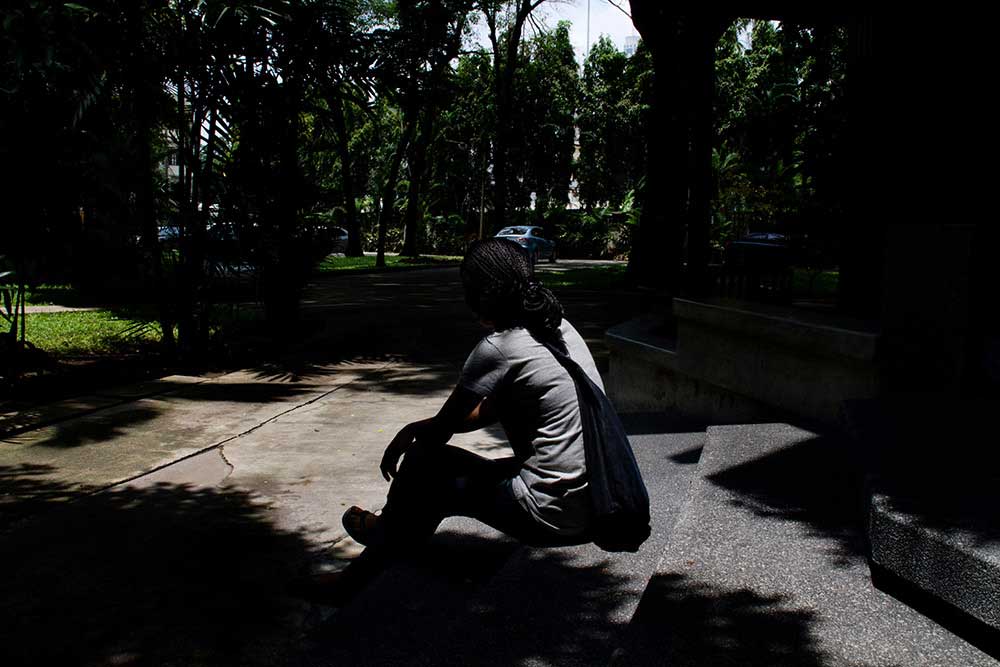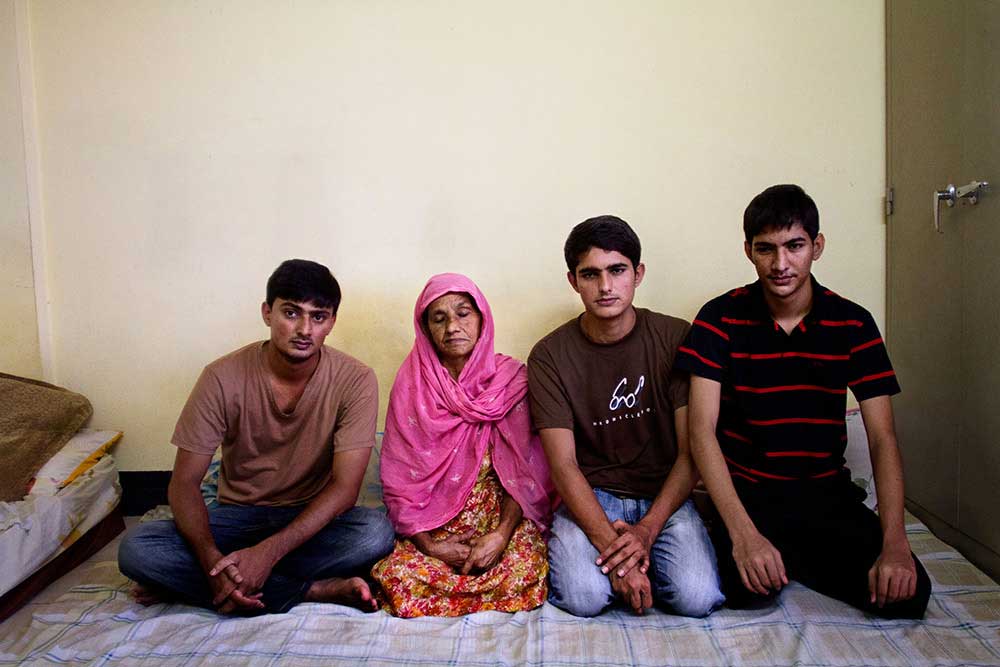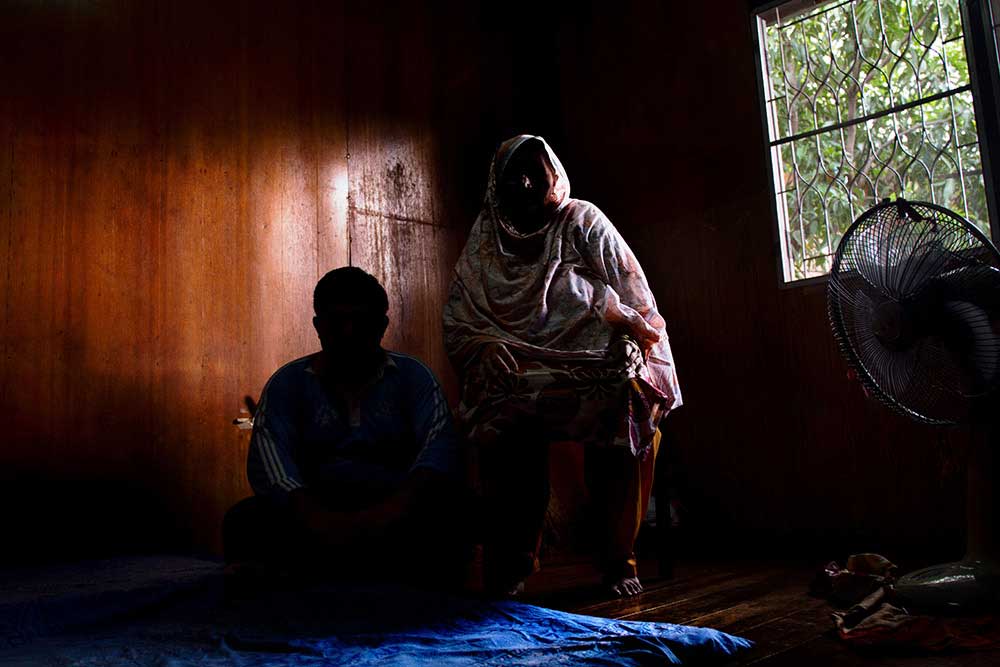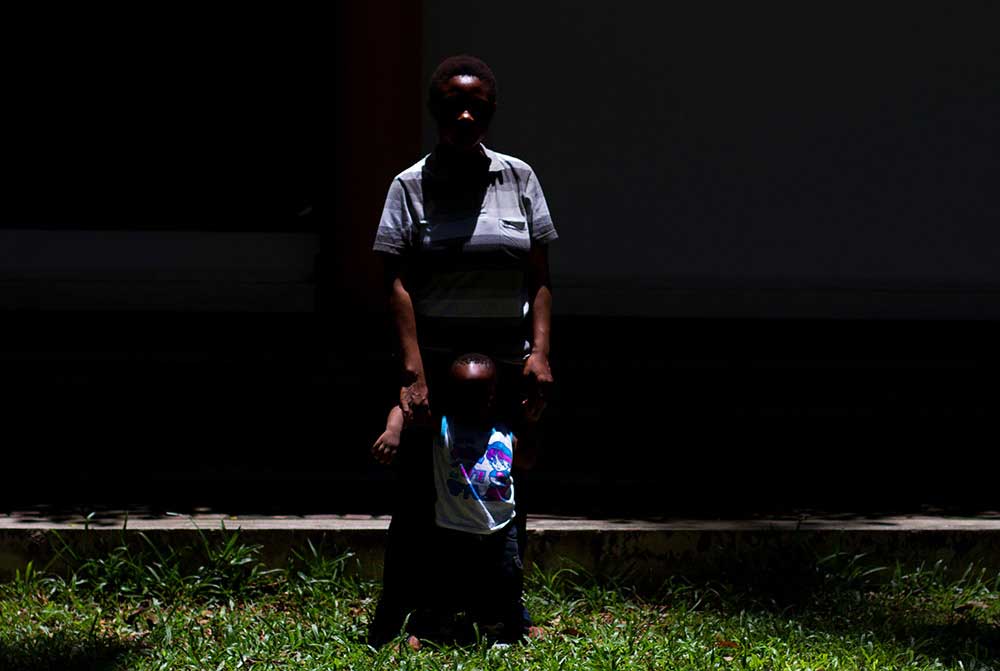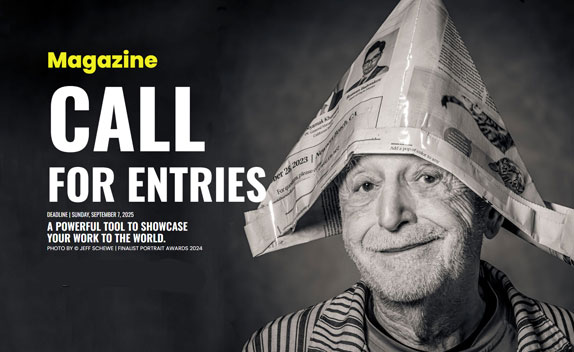Thailand is a hot spot for urban refugees and asylum seekers. One of the reasons why the number keeps increasing is the relative easiness to enter the country.
But the conditions of life awaiting them are far from the idyllic idea that some displaced people may build in their minds.
Bangkok hosts around 6,000 refugees and asylum seekers from more than 40 countries. They hope to find a sense of community, safety, and economic independence, but what they find is fear of detention and deportation, exploitation and abuse. Thailand has not ratified the 1951 Refugee Convention and does not recognize refugees’ rights.
Among them, we find an especially vulnerable group: single-mother refugees who came to Thailand either with their family or alone. They are often denied the necessary legal rights to participate in the mainstream economy and are thus pushed underground, into informal jobs. There, they face extortion, exploitation, abuse (risk of sexual and gender-based violence) and arrest. [Text by Laura Villadiego] [Official Website]


